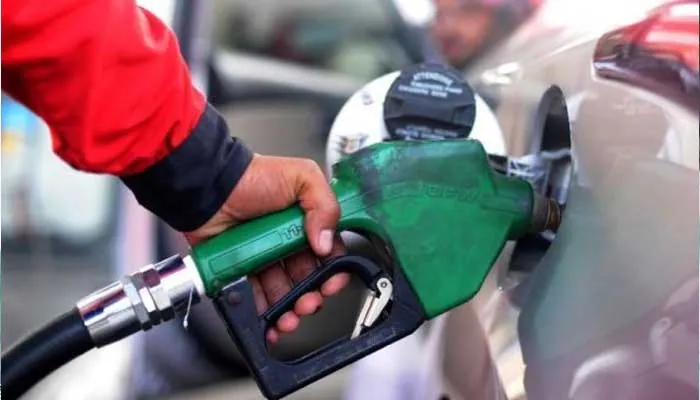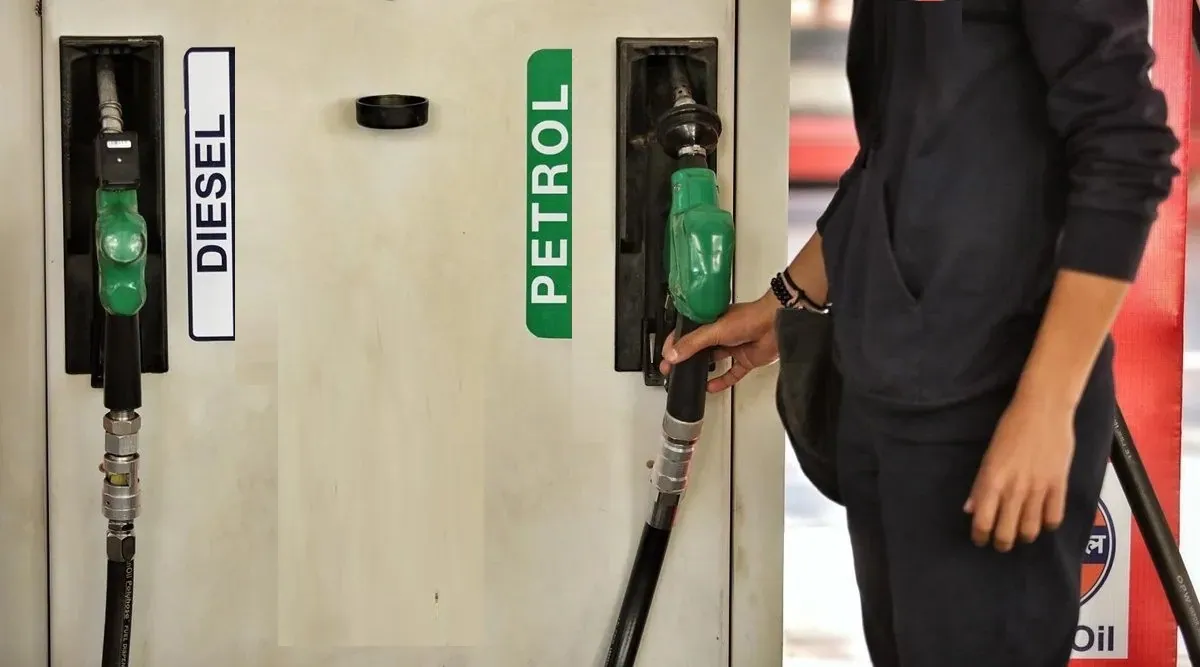Petrol prices in Pakistan have always been subject to various factors, both domestic and international. The recent discussions surrounding a potential Rs 10 per liter increase in petrol rates have once again brought this crucial issue to the forefront, sparking debates and concerns among citizens and policymakers alike.
Anticipated Announcement and Market Speculations
The anticipation of an official announcement regarding the increase in petrol prices has created a ripple effect across the country. With sources hinting at an impending declaration by April 15th, individuals and businesses are closely monitoring the situation, preparing for potential adjustments in their budgets and operations.
Economic Implications and Consumer Response
The proposed hike in petrol prices comes at a time when the economy is already grappling with various challenges, including inflation and currency devaluation. As consumers brace themselves for higher fuel costs, there are concerns about its impact on inflationary pressures and the overall cost of living.
Government Intervention and Policy Measures
In response to the potential increase in petrol prices, the government is expected to announce corresponding adjustments in other fuel rates, such as diesel and kerosene. This proactive approach aims to balance the impact on different segments of society while ensuring the stability of the energy market.
Sectoral Analysis and Business Perspectives
The fluctuations in petrol prices have far-reaching implications across various sectors, including transportation, manufacturing, and agriculture. Businesses are evaluating their strategies and operations in light of potential cost escalations, with some considering alternative energy sources or efficiency measures to mitigate the impact.
Environmental Considerations and Sustainable Solutions
Beyond the economic and social dimensions, the discussion on petrol prices also intersects with environmental concerns and the imperative for sustainable energy solutions. Higher fuel costs may incentivize investments in renewable energy technologies and encourage behavioral changes towards more eco-friendly transportation options.
Conclusion: Navigating Uncertainties and Building Resilience
As Pakistan prepares for possible adjustments in petrol prices, it is crucial to adopt a multi-dimensional approach that balances economic imperatives, social equity, and environmental sustainability. By fostering innovation, resilience, and inclusive policies, the nation can navigate uncertainties and build a more prosperous and sustainable future for all.
FAQs About Petrol Prices in Pakistan
1. What are petrol prices in Pakistan?
Petrol prices in Pakistan fluctuate based on various factors such as international oil prices, exchange rates, and government policies. As of now, petrol prices are subject to change.
2. Why are petrol prices increasing?
Petrol prices may increase due to factors like rising global oil prices, currency devaluation, taxes, and government policy decisions aimed at adjusting energy subsidies.
3. When will the new petrol prices be announced?
The announcement of new petrol prices in Pakistan is typically made periodically by the government in response to market dynamics. Specific dates for announcements may vary.
4. How will the increase in petrol prices affect consumers?
An increase in petrol prices may lead to higher transportation costs, inflationary pressures, and an overall increase in the cost of living for consumers.
5. Can consumers expect any relief measures amid rising petrol prices?
The government may implement measures such as targeted subsidies or adjustments in other fuel prices to mitigate the impact of rising petrol prices on consumers.
6. What factors influence petrol prices in Pakistan?
Petrol prices in Pakistan are influenced by international oil markets, exchange rates, government taxation, geopolitical tensions, and domestic supply and demand dynamics.
7. How do petrol prices in Pakistan compare to neighboring countries?
Petrol prices in Pakistan may vary compared to neighboring countries due to differences in taxation, subsidies, and regional market dynamics.
8. Are there any alternatives to petrol that consumers can explore?
Consumers can explore alternatives such as compressed natural gas (CNG), electric vehicles, and public transportation to reduce reliance on petrol and mitigate the impact of price fluctuations.


